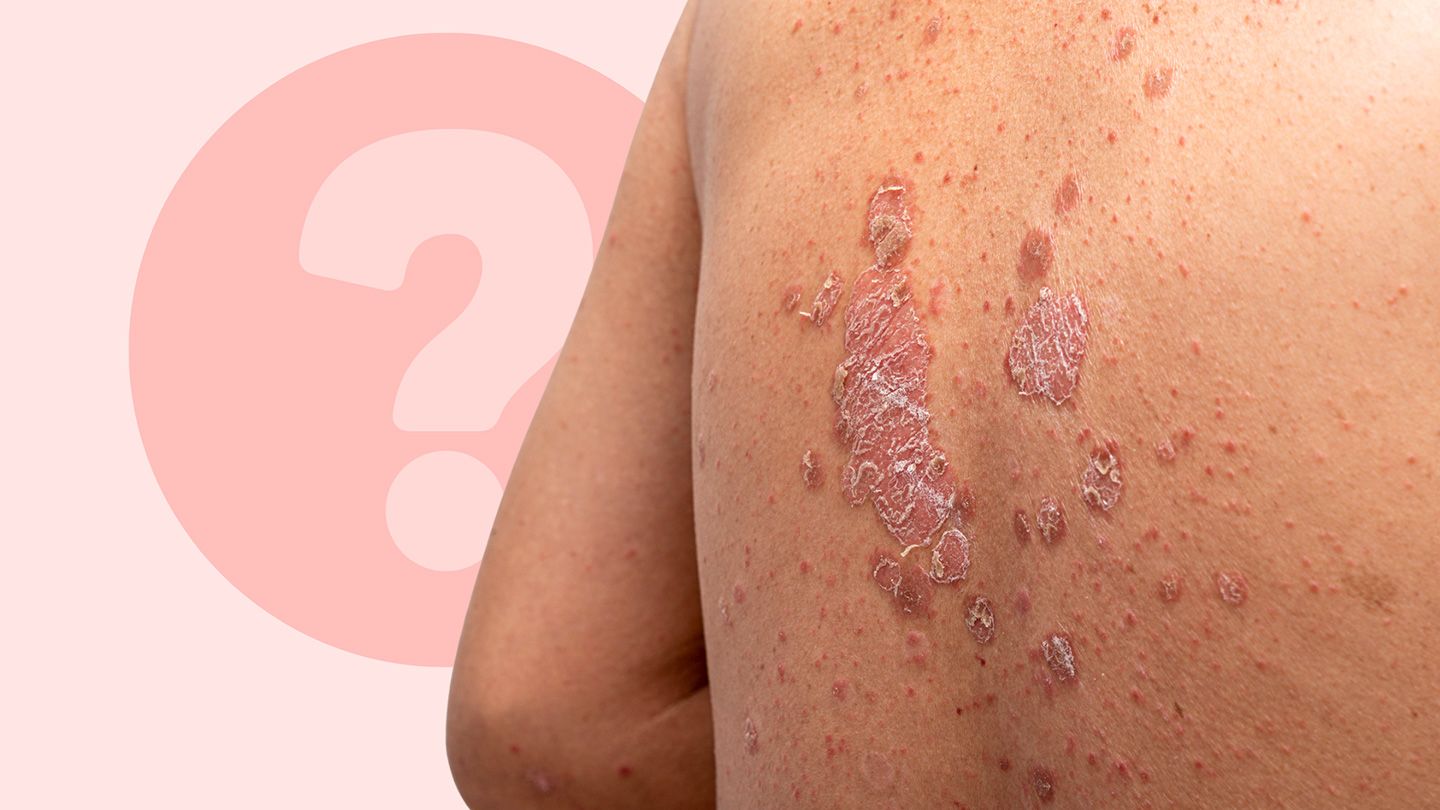For people with psoriasis — a chronic skin disease in which skin cells build up, typically causing discolored, itchy or scaly patches — living with the condition itself is difficult enough. But on top of that, you might have to deal with other people’s misconceptions about psoriasis.
Here are a few myths about psoriasis, followed by the actual facts.
1. Myth: Psoriasis Is Contagious
“Psoriasis is not an infection and therefore cannot be spread to others,” says Lauren Taglia, MD, PhD, a dermatologist at Northwestern Medicine in Geneva, Illinois.
2. Myth: Psoriasis Is Just a Skin Condition
Psoriasis typically affects your skin first and most visibly, but it can have far-reaching effects in your body.
“Psoriasis is a systemic inflammatory disease that affects the entire body,” says Dr. Taglia. “Patients with psoriasis are at a higher risk for heart disease, stroke, and arthritis.”
In fact, about a third of people with psoriasis go on to develop psoriatic arthritis, which causes pain and stiffness in joints and other connective tissue. People with psoriasis are also at an increased risk for metabolic syndrome, anxiety and depression, inflammatory bowel disease, and many other health conditions.
3. Myth: Psoriasis Is Caused by Poor Hygiene
“Psoriasis is not a condition caused by hygiene,” says Kimberly Katz, MD, a dermatologist at UW Medicine in Seattle. “Psoriasis is caused by dysregulation of a part of the immune system.”
At the same time, good hygiene practices are important when you have psoriasis. That means generally keeping the area clean and moisturized to minimize skin dryness and cracking and to reduce your risk of developing a skin infection.
4. Myth: Psoriasis Is Caused by Stress
While stress doesn’t cause psoriasis in the first place, it may contribute to flare-ups in people with the disease.
“Stress can affect many inflammatory skin diseases, including psoriasis,” says Dr. Katz. Unfortunately, psoriasis itself can be a significant source of stress for some people, potentially causing harmful interplay between physical and psychological symptoms.
5. Myth: Psoriasis Plaques Are Always Red or Pink
“Psoriasis is not always pink or red,” says Katz. “In people with melanin-rich skin, psoriasis can appear as darker, thickened papules or plaques without appreciable pink or red color.”
For people with darker skin tones, psoriasis may appear salmon colored, dark brown, or purple, and scales may appear grayish in color. Plaques may also be thicker or have more visible scaling.
6. Myth: Psoriasis Is Curable
“While psoriasis cannot be cured, it is treatable and manageable,” says Taglia. “As dermatologists, our goal is to determine the best personalized treatment plan for our patients.”
A variety of treatments may be effective for psoriasis, from topical ointments to oral and injected or infused drugs. Your treatment plan will be based on the type, location, and severity of your psoriasis, as well as any other health conditions you have and your response to current or previous treatments.
7. Myth: Children of Parents With Psoriasis Will Have It, Too
“Many genetic variants have been associated with psoriasis,” says Katz. “However, not everyone with psoriasis has a family history, nor will everyone with psoriasis be at risk of passing the condition to their children.”
The Takeaway
- Psoriasis is not contagious and is not caused by poor hygiene. It’s caused by dysregulation of a part of the immune system.
- Although it primarily affects the skin, psoriasis is a systemic inflammatory disease that affects the entire body.
- While there is no cure for psoriasis, it is highly manageable, with a variety of treatments.










